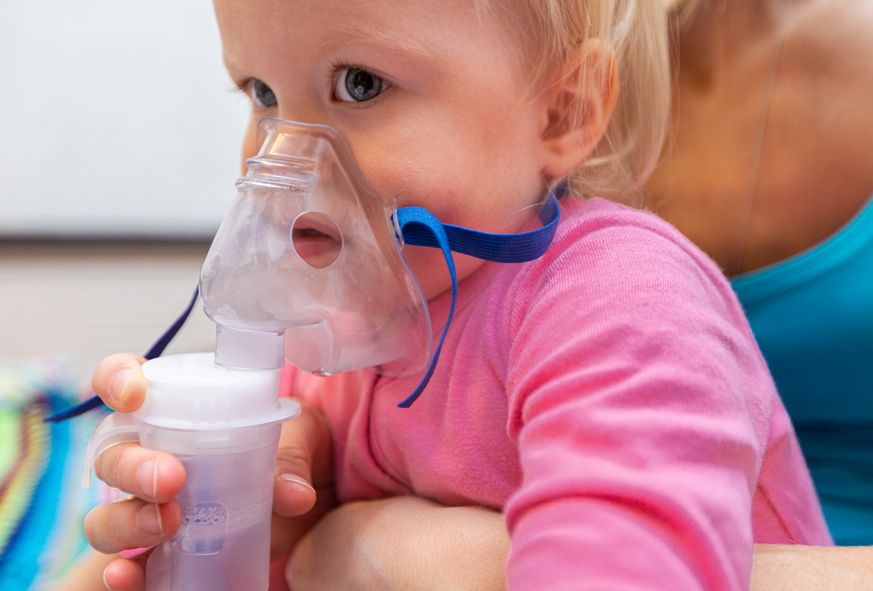Systems of support are often most inaccessible for those who need them the most. Where these systems fail to reach, the First Connections and Community Health teams are relentlessly present – without qualifiers, conditions, or days off. For two first time parents, clients of the First Connections team since the birth of their four-month-old infant, this fact was recently laid bare by the COVID-19 crisis.
Weeks ago, the nineteen year old mother in the family tested positive for COVID-19, but luckily was asymptomatic. Soon after her diagnosis however, her infant began to run a high fever.
With her child sick, the mother called her pediatrician’s office – a natural first step in seeking care and a measure of stability during a medical crisis. Yet, the mother found there was no one left in the office who could speak to her in her native Spanish. As such, she was quickly shut out from this most basic first step of treatment.
The next logical step was a hospital emergency room. However, hospital regulations at the time barred children suspected of being COVID-19 positive from entering without pre-authorization. The young parents, world constricted by isolation, uncertainty, and a ticking clock for their sick infant, fell back on the support of their Community Health worker.
The Community Health worker (CHW) and an RN on the team immediately conducted an assessment of the situation, which included a call with the Department of Health. With the clock steadily ticking towards midnight and the infant’s condition worsening, the family, nurse, and CHW made the decision to call 911.
When paramedics arrived, the comfort of finally having access to medical professionals was quickly tempered by a once-again present language barrier. The CHW was again called upon, quickly moving from supporter and advocate to interpreter. As an intermediary, she was able to get the infant into the care of the paramedics and off to the hospital.
After three hours on the case, the front doors of the hospital would have been a reasonable place for the CHW to pass off her duties for the night. Yet, in such close proximity to those who could help, there were once again no Spanish interpreters or Spanish speakers available. Just as before, the CHW sprang into action, remaining on the line to translate until 12a.m. – five hours after the initial call for support.
Two days later, with the infant released from the hospital, the CHW made an 8 a.m. call to check in with the mother. At this time, the infant was presumed to have recovered but was eating and sleeping irregularly. The CHW assisted the mother in calling the doctor’s office, and pushed for an immediate check-up. Over the ensuing video call, the doctor quickly recognized that the infant was breathing with difficulty, and the infant was sent back to the hospital by ambulance where the infant was admitted, received treatment, and has since recovered.
—
In this time of COVID-19, health infrastructure – from doctors and nurses in hospitals to first responders – are saving countless lives. However, the challenges of the virus mean that the health system we rely on is often unwieldy and cannot afford to see individuals on a human level. As a result, existing cracks in the system widen, new ones open, and those already vulnerable are the ones who fall through.
Addressing these issues requires work from individuals willing to exceed their job descriptions and work outside the spotlight. As COVID-19 has increased the need in the community, hours for Community Health and First Connections workers have in practice increased to seven days a week, generally until 10 p.m. They are on call always. They do this for the same reason they fight for a young mother’s child and will stay by the mother’s side even after the initial, visible, crisis is over: there is simply no one on the team who is capable of hanging up the phone on a crying parent. And so, day after day, they plug these gaps in our system, individual by individual, family by family.
It is a fact that the Community Health worker that night saved an infant’s life. That was one visit. Team members do up to ten a day.
